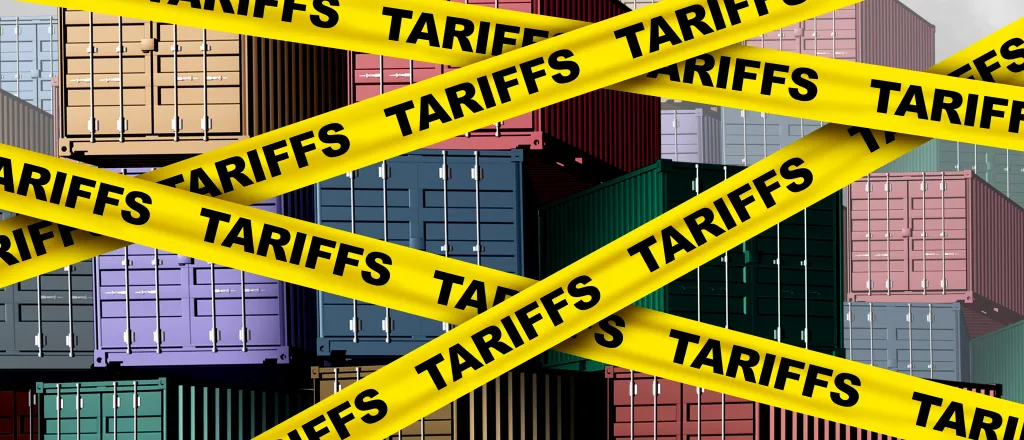
Arizona, Oregon lead court motion to stop Trump's tariffs
© wildpixel - iStock-2189862167
A halt to President Donald Trump’s tariffs was sought by a court motion filed Wednesday by a coalition led by Arizona and Oregon.
The motion for a preliminary injunction was filed by Democratic attorneys general from the two states as well as Colorado, Connecticut, Delaware, Illinois, Maine, Minnesota, Nevada, New Mexico, New York and Vermont. The states filed the motion in the U.S. Court of International Trade, which is primarily based in New York City. They're asking the court to order federal agencies to stop collecting what the states call Trump’s “illegal tariffs.”
The motion is part of a lawsuit that the states filed in late April in the same court. The suit named Trump, the United States, Homeland Security Secretary Kristi Noem, and U.S. Customs and Border Protection and its acting commissioner, Peter Flores, as defendants.

The Democratic attorneys general's lawsuit challenges the Republican president's executive orders calling for higher tariffs on most products around the world. The tariffs include a 145 percent tariff on most goods from China, a 25 percent tariff on most products from Canada and Mexico, and 10 percent tariffs on most products from the rest of the world.
In addition to seeking a pause on those tariffs, the motion filed Wednesday calls for the U.S. Court of International Trade to block Trump’s plans to impose tariffs on 56 additional international trading partners July 9.
Trump has contended he had the power to impose the tariffs under the International Emergency Economic Powers Act, but the states' lawsuit and Wednesday's motion disagree. The states also contend the constitutional authority rests with Congress, not the president.
“These tariffs weren’t approved by Congress, violate the Constitution, and are already driving up costs for Arizona families, small businesses and local governments,” Arizona Attorney General Kris Mayes said Wednesday.
“The law is clear. Only Congress can impose taxes like these, and the President’s attempt to sidestep that authority is both unconstitutional and economically disastrous,” Mayes said in a news release.
It’s important to pause the tariffs before they do any damage, she stressed.

The states in the lawsuit submitted an economic analysis to the court. The analysis said state and local governments in the states filing Wednesday's motion stand to pay at least $3.4 billion per year in additional costs because of the tariffs.
“Unless this Court intervenes, the States will suffer irreparable harm,” Wednesday’s motion reads. “President Trump’s tariffs are already disrupting procurement by state agencies and universities and impairing state budgeting processes. States will have no practical ability to recover the enormous expenses they will incur when buying vital goods and equipment as importers inevitably raise prices because of the IEEPA Tariff Orders.”
Oregon Attorney General Dan Rayfield said the tariffs are hurting Oregonians and small businesses.
“Families cannot be expected to pay more at the store at a time when they’re already struggling to afford the basics.” Rayfield said in a news release. “The President can’t just slap on tariffs that hurt working people without following the law.
“I don’t know many families who can afford an extra $3,800 a year,” Rayfield said, referring to a figure his office previously published on the estimated impact on the average Oregon family.
















